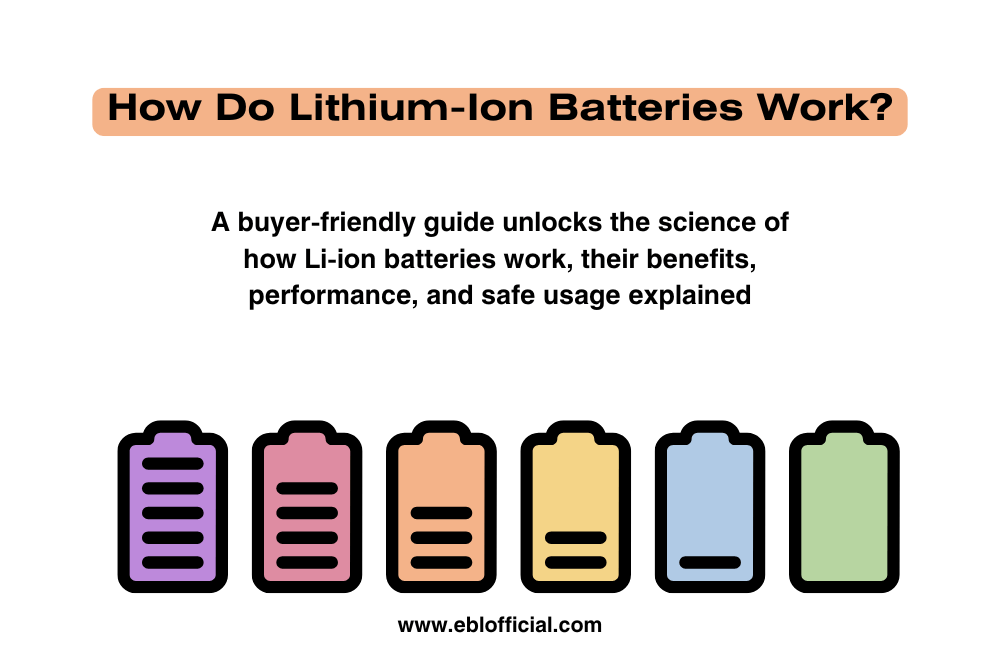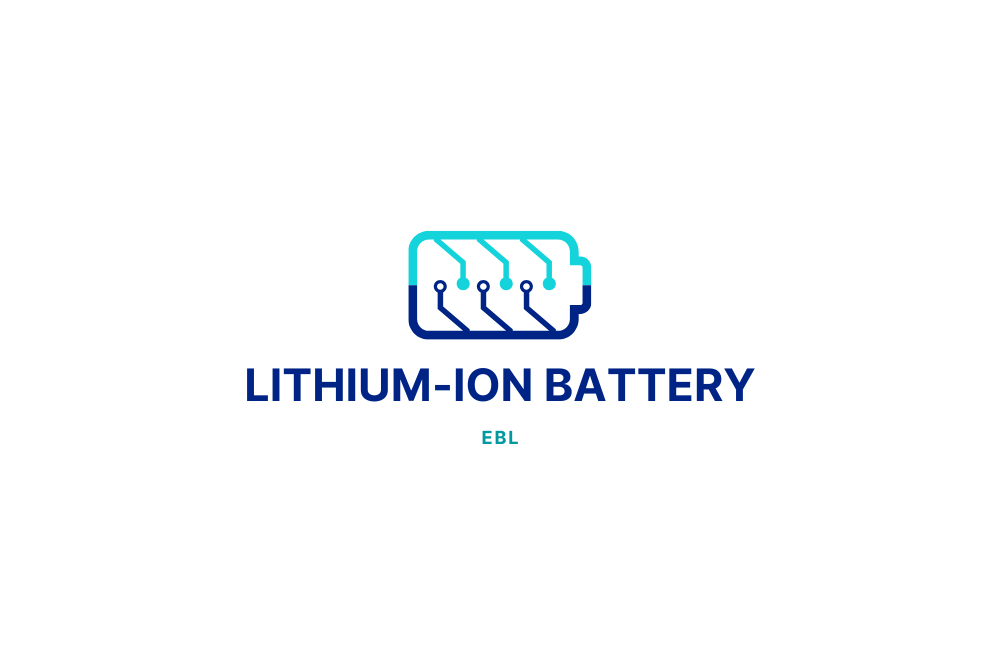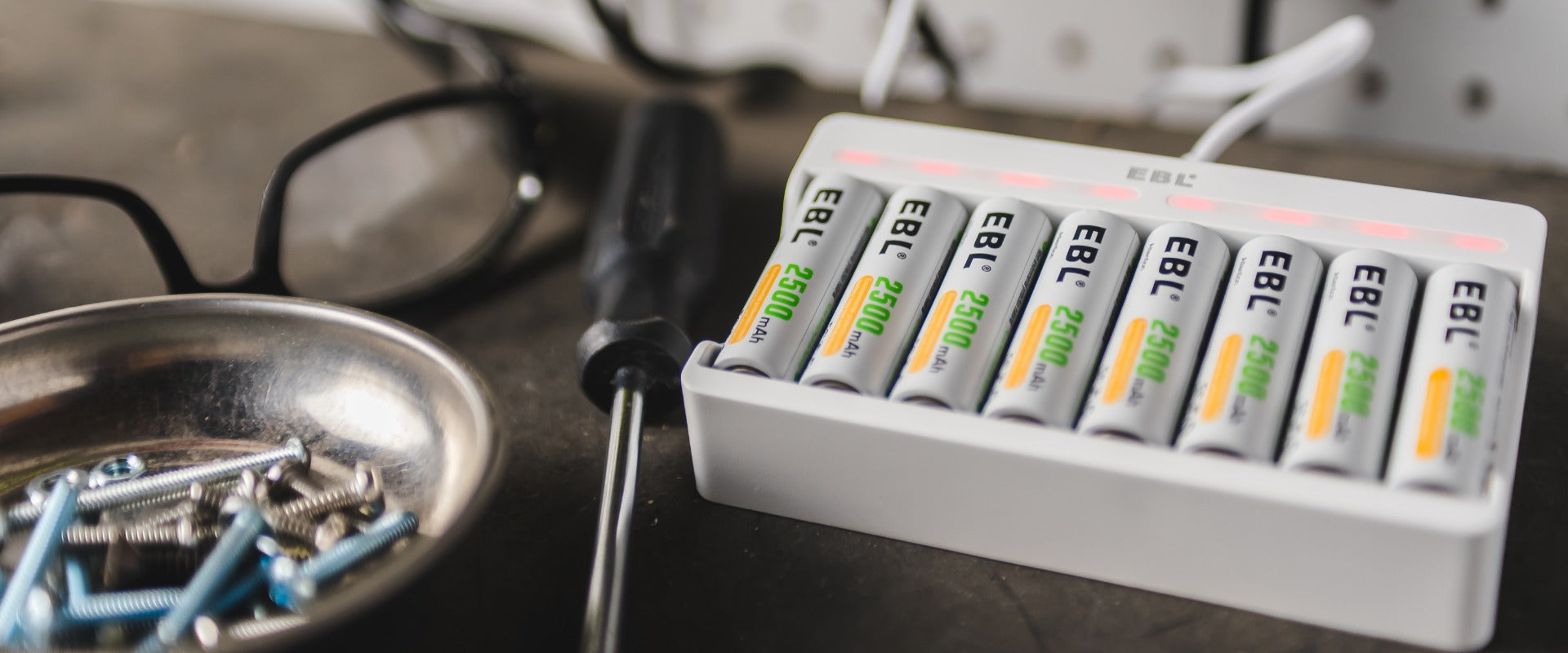Essential Tips for Using EBL Battery Chargers
Critical Warnings:
- Battery Compatibility and Safety: Charge only compatible batteries to prevent explosions, ruptures, or leakage. Improper use may lead to damage.
- Environmental Considerations: Use the charger indoors or in a car, avoiding exposure to rain or snow. Do not operate in wet conditions.
General Cautions:
- Temperature and Physical Care: Operate the charger within the temperature range of 0℃ to 35℃. Keep it away from heat sources, high temperatures, and direct sunlight. Avoid dropping or placing heavy objects on the charger.
- Child Safety: Ensure that children use the charger under adult supervision to avoid misuse.
- Non-rechargeable Batteries: Do not attempt to charge non-rechargeable batteries.
- Heat Generation during Charging: It is normal for the charger to produce some heat during the charging process.
- Proper Storage Practices: Unplug the charger when not in use to prevent prolonged energization and slow down the aging process.
Additional Relevant Questions
What does it mean when the battery charger is blinking red or flashing error?
- Installation Errors: A blinking red light or flashing error may indicate incorrect installation of the battery, leading to a short circuit.
- Battery Placement and Condition: Incorrect battery placement, a damaged battery, or attempting to charge a non-rechargeable or incompatible battery can trigger a flashing red light or an ERROR.
- Extended Charging Period: Leaving the battery in the charger for an extended period without removal may also cause the charger to flash a red light or display an ERROR.
What does it signify when the battery charger's LED intermittently flashes red?
For the battery charger featuring a USB cable input, this might indicate a low adapter current. To address this, connect a 5V/2A adapter for optimal charging performance, as outlined in the manual.
Why does the battery charger display a charging status even when no battery is inserted?
- This occurrence might be due to version differences in some chargers before and after optimization.
- We recommend turning off the charger and then turning it back on to troubleshoot.
- If the batteries are confirmed rechargeable and functional, the issue may lie in internal components of the charger, such as false soldering or welding anomalies.
Is there a risk of over-discharge when using the battery charger to discharge the batteries?
No, battery chargers equipped with a discharge function incorporate a cut-off voltage mechanism. This feature halts the discharge process once the batteries reach the specified voltage, mitigating the risk of over-discharge.
What does it imply when a charger claims to have an 80% charging efficiency?
This indicates that during the conversion of electrical energy into usable power for the battery, 80% of the electrical input is effectively utilized, with the remaining 20% possibly transformed into heat or other forms of energy loss.
Can I keep the charger powered?
It is advisable not to keep the charger powered on for a long period of time, as doing so can accelerate its aging process.
From the blog

Lithium-Ion Battery Cell Voltage: What You Must Know
Lithium-ion battery cell voltage is a critical factor influencing the performance and longevity of rechargeable batteries. Typically, these cells operate at a nominal voltage of 3.6V to 3.7V, with ...

How Do Lithium-Ion Batteries Work?
Lithium-ion batteries power our daily essentials—from smartphones to electric vehicles—by moving lithium ions between electrodes, storing and releasing energy efficiently. This electrochemical proc...

Types of Lithium-Ion Batteries: Which One Powers Your Device Best?
Lithium-ion batteries power nearly every device we rely on daily—from smartphones and laptops to electric vehicles and renewable energy systems. But not all lithium-ion batteries are created equal....


